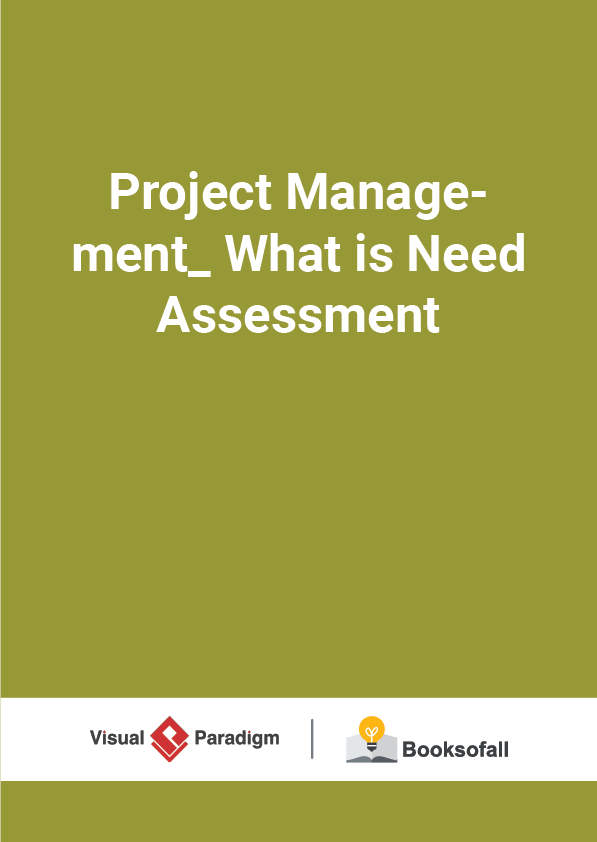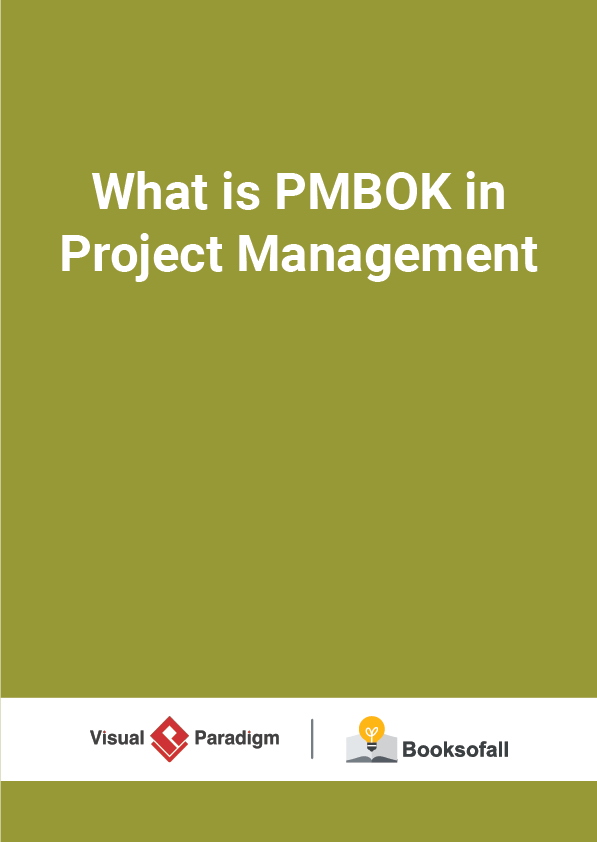What is PMO in Project Management?
9-11 minutes
A Project Management Office , abbreviated to PMO , a group or department in an enterprise that establishes and implements best practices and maintains standards related to project management, planning and execution. The PMO strives to standardize and introduce economies of repetition in the execution of projects. The PMO also serves as an organization’s central hub for project documentation, guidance and success metrics. Most PMO processes, methodologies and best practices are based on industry standards, such as A Guide to the Project Management Body of Knowledge (PMBOK Guide) , which was originally published by the Project Management Institute (PMI) , a certification body for project managers (PM).
The role of a PMO
A PMO is the backbone of a successful project management approach at an organization. It is a function that provides decision support information, although it doesn’t make any decisions itself. A PMO underpins the project delivery mechanisms by ensuring that all business change in an organization is managed in a controlled way. A PMO’s main purpose is to facilitate project success by establishing best practices, mitigating risks and ensuring on-time project delivery within a specified budget. So what does that actually mean in practice? PMO teams fulfill a variety of functions on a day-to-day basis including:
- Developing standards and processes.
- Encouraging (or enforcing where necessary) the use of those standards and processes.
- Managing resources for projects.
- Reporting on financial information such as return on investment.
- Delivering training and mentoring project team members.
- Monitor and evaluate project performance to established goals.
- Prepares risk analysis and action plan to mitigate the risks
- Gathering data about project progress and producing reports.
- Managing dependencies across multiple projects.
Responsibilities of the PMO Team
Strategic PMOs enable strategic change in organizations. PMOs vary widely. Some serve as a means to standardize project-related governance processes and facilitate sharing of resources and tools. Others serve as centers of excellence, and still others align project and program work to corporate strategy across an enterprise. The PMO often play the role as a guardian of Enterprise Project Management tools and project management methods. There will normally be an expert (or several) in the PMO who can support project managers and their teams with using any project-related software. Here is the role of the stakeholders in PMO:
- PMO Sponsor – champion and direct the establishment and evolving operation of the PMO. The PMO sponsor will ideally be a member of the main board.
- Head of PMO – establish and run the permanent office.
- Head of Project Office – establish and run the temporary Project office.
- Portfolio Analyst – facilitate the development and on-going management of an optimized portfolio, ensuring senior management decisions lead to the fulfilment of strategic objectives through delivery of projects.
- Project Specialist – play a proactive role in the promotion of project management methods and standards, implementation of good project management practice, and the monitoring of certain projects.
- Project Officer – improve the planning and delivery process by collecting and maintaining data in a consistent form.











